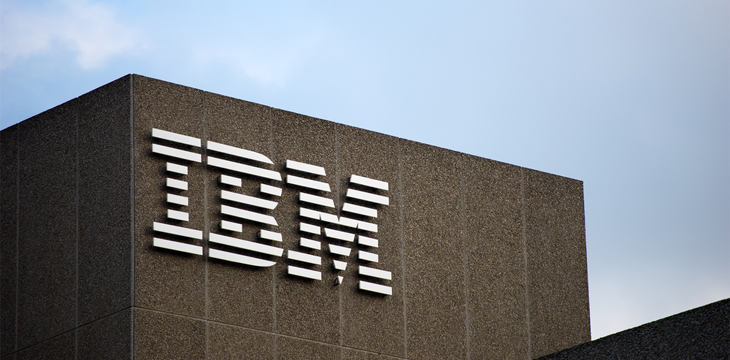|
Getting your Trinity Audio player ready...
|
IBM has announced the commercial launch of its Food Trust blockchain network, with European supermarket giant Carrefour as its first major client.
After 18 months in testing, the Food Trust network is now available. So far, the ledger has been able to process 3 million transactions. Small to medium enterprises (SME) can buy a subscription to use the Food Trust, with prices ranging from $100 to $10,000 per month, depending on the size of the business.
IBM is working towards making food safe through a more transparent and efficient global food system. This is why the trust is focusing on reducing food waste, ensuring a more collaborative and transparent supply chain and optimizing the food supply. Participating retailers, food industry providers, service and technology providers can utilise IBM Food Trust APIs as well as hardware and software, and can also write transaction data directly on the blockchain network. With the Food Trust, companies in the food industry can run their businesses more effectively and provide safer food at lower costs.
Before switching to IBM, Carrefour had worked on its own blockchain for more than a year with its internal engineer teams. Now, Carrefour aims to spread IBM’s Food Trust blockchain solution to all its 1,200 stores in 33 countries by 2022.
Aside from Carrefour, other organizations joining the IBM Food Trust also include cooperative Topco Associates LLC, retailer-owned cooperative Wakefern, and suppliers like BeefChain, Dennick Fruit Source, Scoular, and Smithfield. Walmart, meanwhile, has been an early proponent of IBM’s blockchain technology and has announced that it will begin acquiring the use of the trust to capture digital, end-to-end traceability event information.
Senior vice president of IBM Global Industries, Clients, Platforms and Blockchain, Bridget van Kralingen, explains what the Food Trust system aims to achieve. She says, “The currency of trust today is transparency and achieving it in the area of food safety happens when responsibility is shared.” She stated that the Food Trust project has shown that the blockchain can improve transparency and enhance food traceability, adding, “Ultimately that provides business benefits for participants and a better and safer product for consumers.”
Besides the Food Trust, IBM has another project up its sleeves. IBM will be focusing on shipping and global trade in a collaborative effort with Maersk. The two are working together on a flagship platform dubbed TradeLens. For now, Maersk is the only carrier onboard TradeLens; however, plans are ongoing to scale the platform. Ramesh Gopinath, vice president of IBM’s blockchain solutions, explained, “IBM Food Trust is making this big announcement; similarly, TradeLens will also have a commercial availability announcement. And at that point, I can guarantee you it will be in the same shape we are in here.”

 02-19-2026
02-19-2026 




